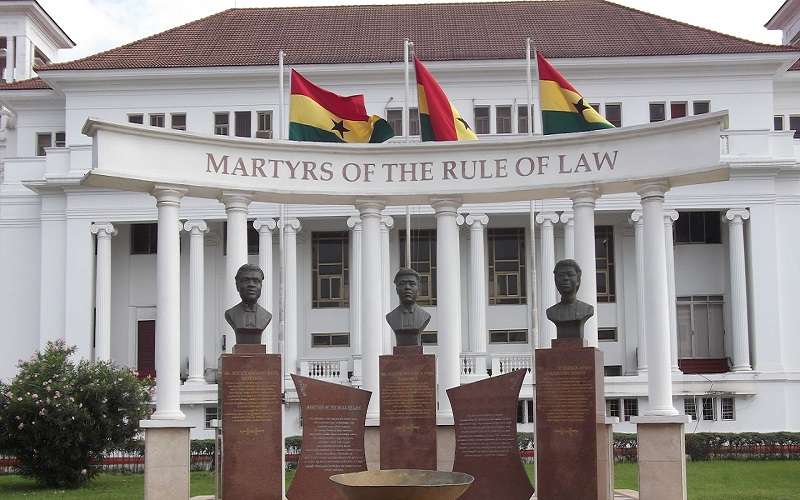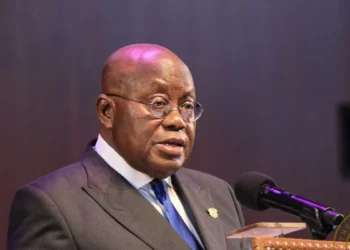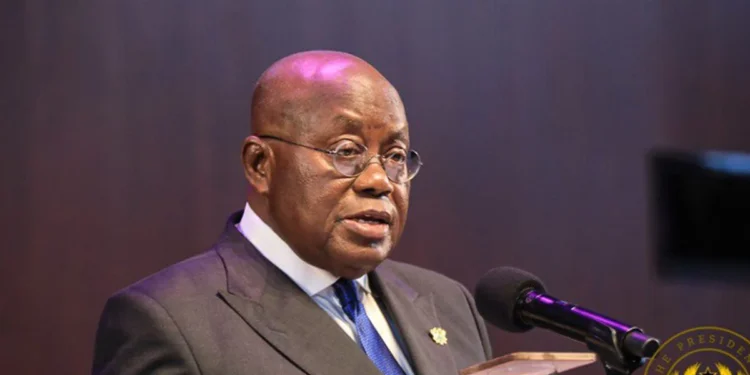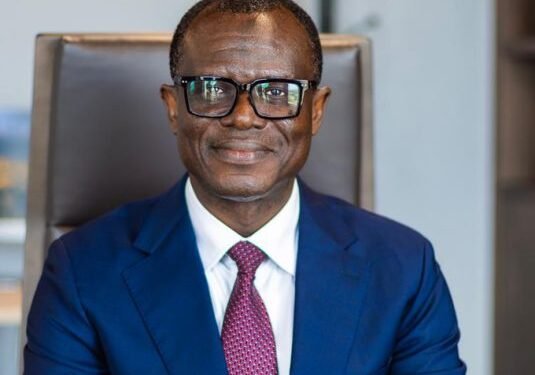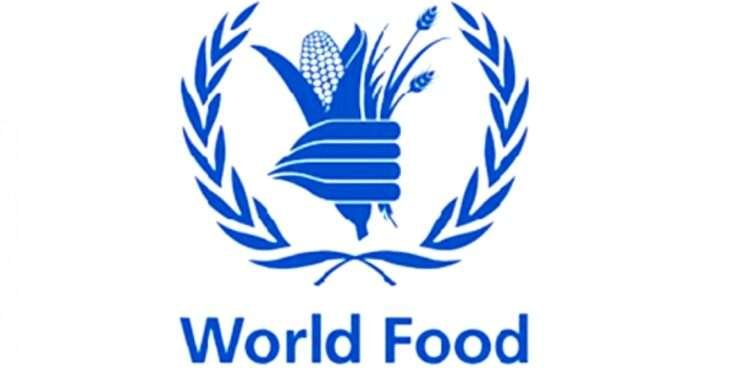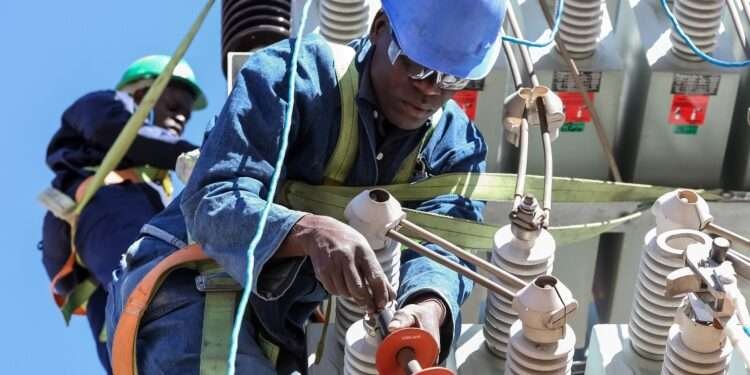The tension surrounding the possible removal of the Chief Justice has reignited discussions about the relationship between the judiciary and the political class.
Dr. Joshua Zaato, a policy analyst and political scientist, has weighed in, offering a scathing critique of what he sees as the hypocrisy entrenched in political behavior.
Dr. Zaato asserted that “all politicians are hypocrites,” emphasizing that “the hypocrisy is baked into the DNA of politicians.”
Drawing parallels with events in the United States, he pointed to how U.S. President Donald Trump once condemned the judiciary as corrupt when it did not serve his interests, yet praised the same institutions when decisions aligned with his agenda.
According to him, this is a universal pattern among politicians.
Dr. Zaato believes this hypocrisy underscores the need for regime accountability—a concept that ensures governments are held to the same standards, whether in or out of power.
He argued that once an opposition party gains power, it suddenly defends its former officials from accountability, regardless of previous accusations.
One of the more concerning aspects, according to Dr. Zaato, is the way political figures manipulate judicial processes.
“We’ve seen politicians march to the Supreme Court, to the Appeal Court, to the High Court, offering what they call ‘political support’ or ‘moral support.’”
Dr. Joshua Zaato
However, he believes these actions amount to intimidation rather than genuine support.
He pointed out how political parties often change their stance on prosecutions based on whether or not they are in power.
“When you’re in power, all prosecutions are excellent. When you’re out of power, every prosecution is politically motivated. That judicial rollercoaster erodes public confidence in our system.”
Dr. Joshua Zaato

Accordingly, Dr. Zaato pushed for a fundamental change in how political figures interact with the judiciary, emphasizing the need for greater judicial independence.
He expressed hope in a future where Members of Parliament, regardless of their party affiliation—whether NPP or NDC—refrain from influencing or interfering in legal matters under the pretense of offering support.
He expressed his disapproval of the practice where MPs publicly rally behind individuals facing legal proceedings, stating that such actions often serve as a means of exerting undue pressure on the judiciary rather than genuine political solidarity.
He also raised concerns about the potential implications of judicial appointments, cautioning that judges might feel a sense of obligation toward the very politicians who played a role in their selection and confirmation.
This, he warned, could compromise judicial impartiality and erode public confidence in the legal system.
True Justice To Be Independent
Furthermore, Dr. Joshua Zaato strongly advocated for the elimination of political interference in the judiciary, emphasizing that safeguarding judicial independence is essential for a functioning democracy.
He argued that public officials, upon assuming office, are bound by both a social contract and a constitutional mandate that obligates them to uphold transparency, fairness, and accountability.
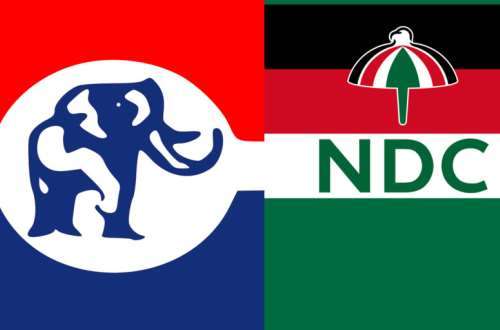
According to him, this dual responsibility means that leaders must be answerable to the people they serve and adhere strictly to the legal and ethical standards governing their roles.
As such, he called for a firm commitment to insulating the judiciary from partisan influence, ensuring that it remains an impartial arbiter of the law.
“When someone is accused, they should go to court. My opinion is simple: as long as their fundamental human rights are respected—the right to a fair trial, the right to a lawyer—then justice should take its course. We live in a democracy.”
Dr. Joshua Zaato
He further emphasized that judges should not feel pressured by politicians who once played a role in their appointments.

Their duty, he argued, is to the nation and its citizens, not to the individuals who approved their nomination.
Dr. Zaato’s remarks reflect a broader frustration with Ghana’s political landscape, where judicial institutions are frequently caught in the crossfire of partisan battles.
His call for political actors to respect judicial processes and allow institutions to function without interference is a reminder of the critical role that an independent judiciary plays in a democracy.
If Ghana is to uphold the rule of law and restore public trust in its institutions, the political class must put an end to its selective approach to justice.
READ ALSO: Tullow Begins New Jubilee Drilling Programme in May

